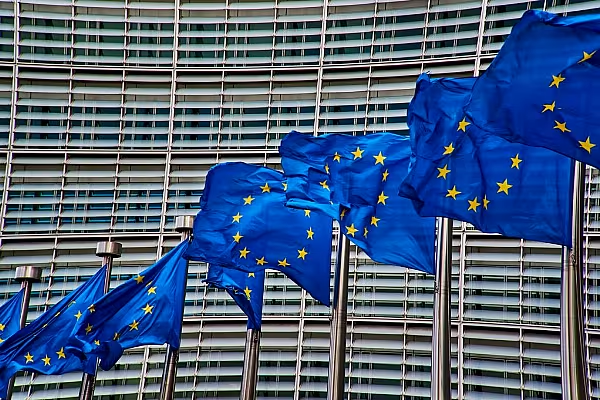EuroCommerce, the body which represents the retail and wholesale sector in Europe, has called for a coordinated approach involving regulators, suppliers, and actors within each sector to achieve a circular economy.
Retailers and wholesalers have a track record in implementing various measures to improve the sustainability of their products.
EuroCommerce also noted that with increasing societal commitment, it is becoming clearer that no single actor or sector can achieve these objectives alone.
'Major Opportunities'
Commenting on the adoption of the European Council’s conclusions on Circular Economy Action Plan (CEAP), EuroCommerce director-general, Christian Verschueren said, "The conclusions drawn by Ministers echo our view that the circular economy offers major opportunities both for our sector and for society more generally.
"It allows everyone to rethink existing business models, offer alternative products and provide the means and support for consumers to adopt a more sustainable lifestyle. Our sector can help this process by working in two directions - both driving, and responding to, changes in the demands of consumers and society."
Technological And Regulatory Barriers
The European Council concluded that the CEAP should address and reduce the current technological and regulatory barriers to upscaling recycled content in products.
EuroCommerce welcomed the conclusion and added that it would continue to cooperate in creating the right framework as a member of the coordination group of the European Circular Economic Stakeholder Platform.
Such a framework will encourage research and innovation in eco-design and digital technology while also ensuring that the impact of the measures on all parts of the supply chain is adequately assessed, the trade body stated.
© 2020 European Supermarket Magazine – your source for the latest retail news. Article by Dayeeta Das. Click subscribe to sign up to ESM: The European Supermarket Magazine.











